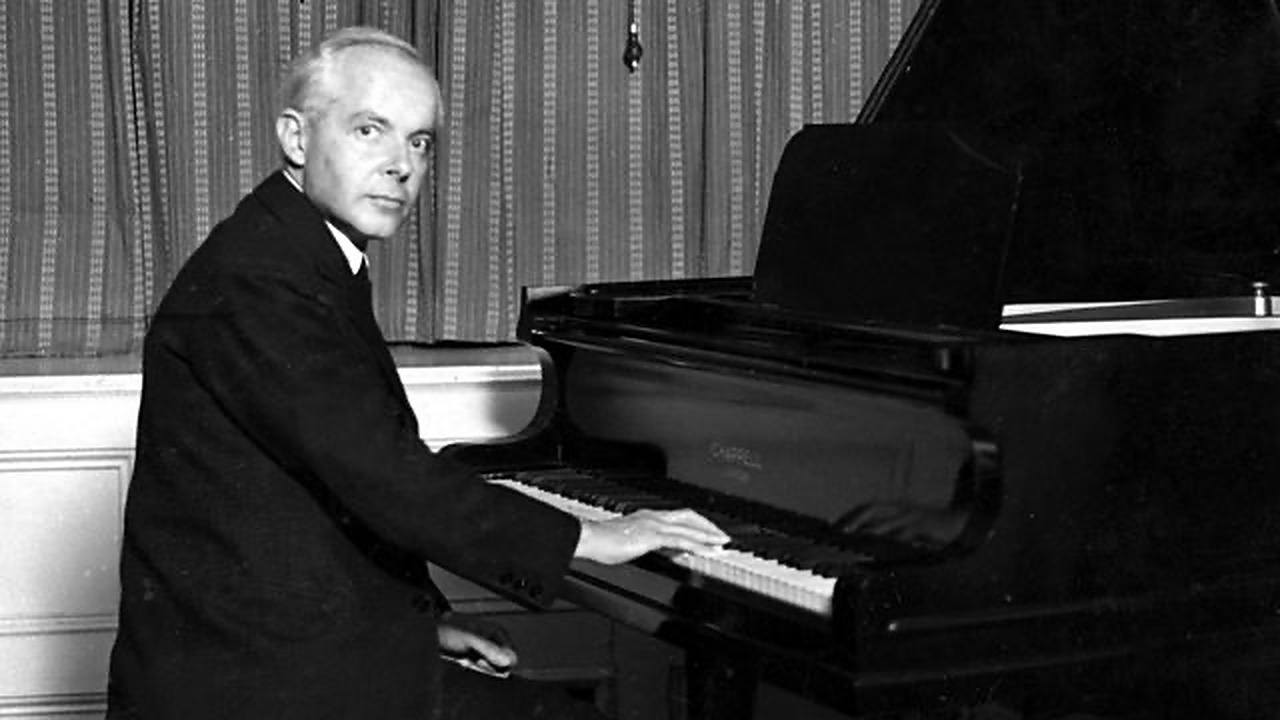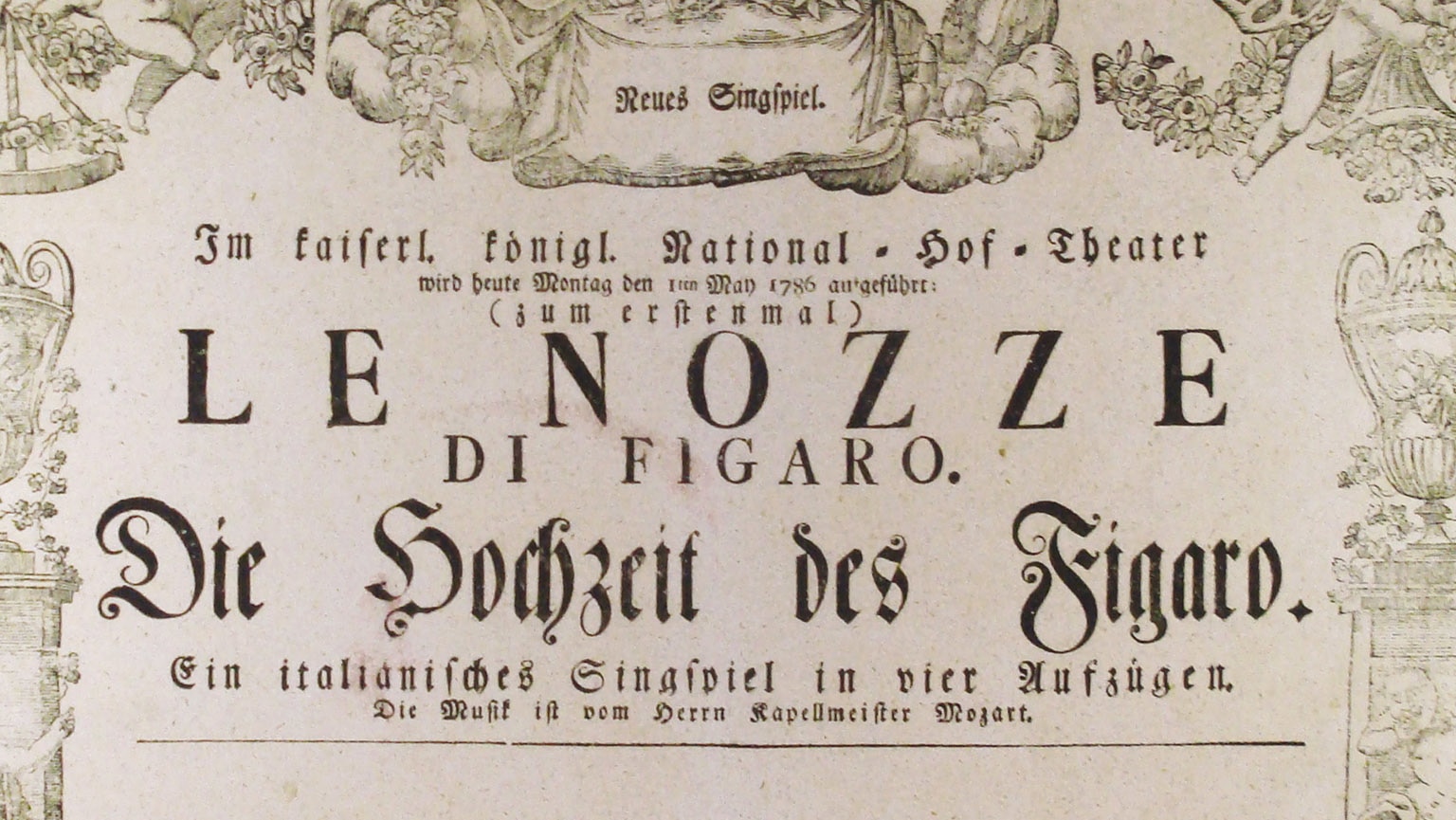Bartók’s Études, Op 18: Daring Technical Exercises for Solo Piano
Béla Bartók’s three Études, Op 18 for solo piano are daring, both technically and musically. Composed in 1918, they were intended to push the limits as pedagogical studies. The influence of Chopin, Debussy (whose piano Études were written three years earlier), and Schoenberg is evident. The three brief Études follow the traditional fast-slow-fast format. The first unleashes an exhilarating, demonic motor, punctuated with the accents of Hungarian folk music and language. In …







